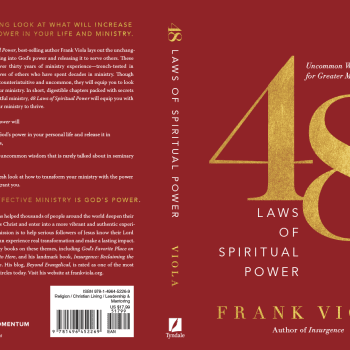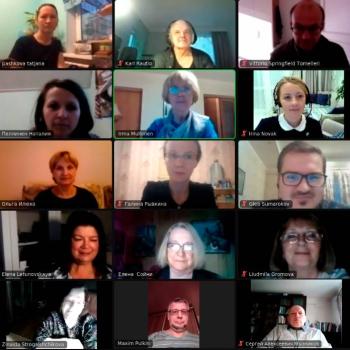If you are able to read this sentence, then you are part of an elite group of people known throughout history as "the literate." You probably have more books in your home or office than the learned eighteenth-century pastor Jonathan Edwards came across in his lifetime. And since you are on the internet, you have access to the information contained in millions of books. If you are an English-speaker, you are even more privileged, since the vast majority of the world's great books have been translated into your native tongue.
As Christians, we ought to think carefully about how we steward all that
God has given us—including the gift of ability and the opportunity to read. How can we read wisely? How can we read to the glory of God?
Here are ten ways to get started:
1. Set a reading goal.
Goal-setting is a method of holding yourself accountable. If you set a goal of 12 books, you will average one a month. If you set a goal of 25, you will read one book every two weeks. You may not make your goal, but it's likely you'll read more if you read with intention.
2. Read everywhere.
Waiting for a haircut? Read. Waiting at the doctor's office? Read. Going on a trip? Read. Getting dressed in the morning? Listen to an Audio Book while you're combing your hair, brushing your teeth, taking a shower. Get in the habit of reading anywhere and everywhere. Some books require too much concentration to read in an off-handed way, but many books are easily read in different places.
3. Read and read.
There are some books you read, and then there are other books you read. You cheat yourself if you pass through some books too quickly. Some books need to be lived in for a time in order for us to fully come to grips with the glorious truths contained therein. Works by Augustine, Luther, Calvin, Edwards and Barth are not for speed-readers and the doctor's waiting room. On the other hand, there are plenty of good books that can be digested quickly. You cheat yourself if you read them too slowly. Come to grips with the main point, consider the author's perspective, and then move on.
4. Read old books.
Don't succumb to the temptation to read only the current bestsellers. They may tell you important things about our culture, but they rarely help you look at the culture "from the outside" and critique it correctly. C.S. Lewis is famous for encouraging the reading of "old books," at least 1 out of every 3, so that the reader can appreciate the perspectives of other generations.
5. Read bestsellers.
Even if you don't read just bestsellers, you ought to know what other people are reading. Check out the best-selling historical biographies. You might occasionally dip into a recent choice from Oprah's Book Club. Clearly, you aren't going to like a lot of what you read here, so if you don't want to spend the money, go check it out at the library. But the wide reader who reads from Calvin's Institutes will also be able to talk with his neighbor about Malcolm Gladwell's Blink without "blinking" an eye.
6. Read book reviews.
Let's face it. We don't have enough time to read everything we want. So find good book-review websites, blogs and magazines that provide helpful summaries of all kinds of books.
7. Read widely.
Read authors you know you will probably disagree with. And don't just read them so you can tear apart their arguments. Read graciously. Read with a willingness to learn.
8. Read smarter.
If you're reading an intellectual work, read the introduction and conclusion of the chapter first. Glance at the subtitles and get an idea for where the author is going. Then go back and read the chapter. You'll work your way through the book faster and retain more information.
9. Read what interests you.
Find books on topics that interest you. If you start a book and don't like it at all, put it down.
10. Stretch yourself.
Don't read just what you like. Push yourself to read important books and not fluff. Take a look at what great Christian thinkers are reading and read those books too. Read famous authors. Read hard books. Read classics. Just make sure you read hard books in between more enjoyable books so you don't lose your passion for reading. Who knows? You might start liking the books that stretch you.
In conclusion: Be a good steward. Read to the glory of God. Thank Him for giving you access to so many good resources. Use the mind He has given you. Ask God for wisdom regarding the books you choose to read. Once you've made your choice, maximize the time (whether short or long) you spend in those books.
9/15/2011 4:00:00 AM





